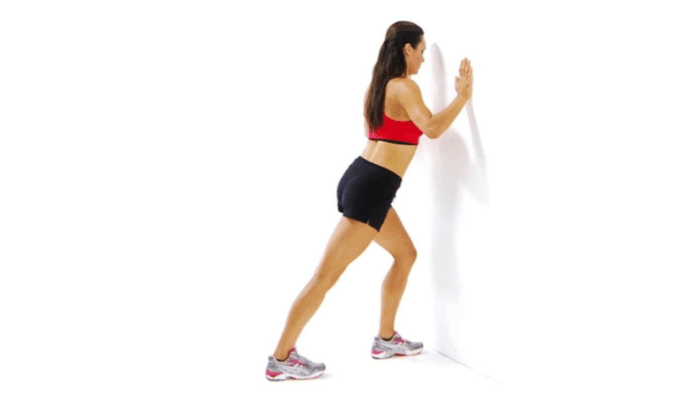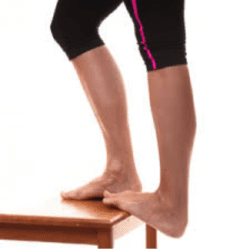By E-Lynn Tan
Physiotherapist at Life Ready Physio Baldivis
Your calf consists of two muscles called the gastrocnemius and soleus muscles. These muscles get used everyday when you perform daily tasks such as standing up from a sitting position, walking, reaching for an object on your tippy-toes, to more strenuous activities such as sprinting and jumping.
Your gastrocnemius muscle is the one that makes up the most of the “bulk” of your calves and attaches to your Achilles tendon. The soleus muscle sits under the gastrocnemius muscle and helps with plantar flexion of your foot.
You may experience pain in your calves in the form of a tight or pulling pain, a twitching pain to a cramping pain that wakes you up at night. The common cause of painful calves are fatigue and tight muscles.
Remember this rule:
- To stretch your gastrocnemius muscle, you have to keep your knee straight
- To stretch your soleus muscle, bend your knee slightly
You’ll see that you’ll feel the stretches in different areas of your calf!
- To prevent aggravating your pain, always start stretching in a non-weight bearing position. You can start off in a sitting position with your leg out long in front of you. Grab a towel or a resistance band and loop it around the ball of your foot and gently pull back. Remember, stretches should be passive (use your arms to pull back and relax your foot) and you should not be stretching into pain. Hold your stretch for 20-30 seconds then repeat on the other side. You can also perform this stretch with your knee slightly bent to stretch out your soleus muscle.
- Once your pain subsides and your muscle length improves, try stretching in a standing position as your body weight will help you get a stronger stretch in your muscles. Stand in a “step stance” and lean your weight forwards whilst keeping your back heel on the floor. Repeat with your knee bent.

- You can also try stretching your calf off a step (this is my favourite!) Hang one heel off a step and sink your body weight slowly into that heel.

Try incorporating these stretches into your daily routine even if you are not feeling any pain as it will help prevent injuries and improve your flexibility!
For an in depth consultation exploring your calf pain, book online with our team of physiotherapist and let us help move you towards your best quality of life!
